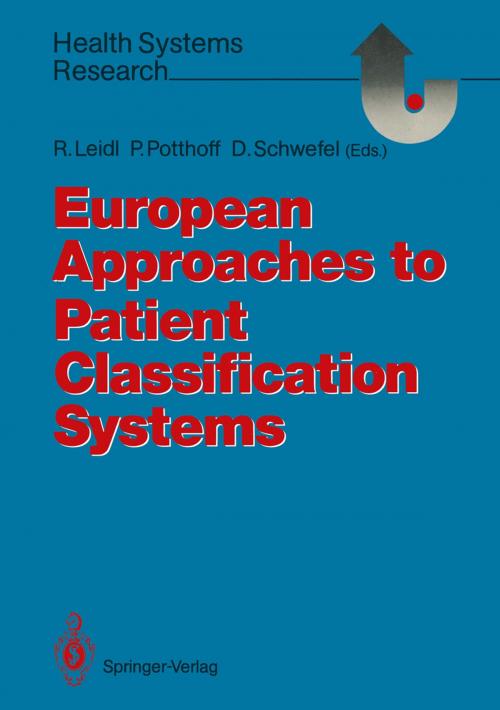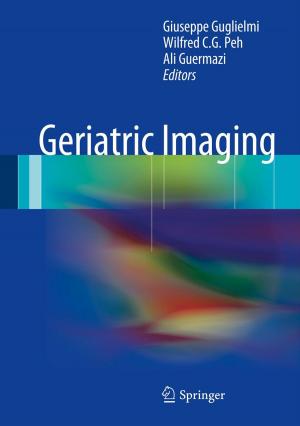European Approaches to Patient Classification Systems
Methods and Applications Based on Disease Severity, Resource Needs, and Consequences
Nonfiction, Health & Well Being, Medical, Reference, Biostatistics, Science & Nature, Mathematics| Author: | ISBN: | 9783642755934 | |
| Publisher: | Springer Berlin Heidelberg | Publication: | March 12, 2013 |
| Imprint: | Springer | Language: | English |
| Author: | |
| ISBN: | 9783642755934 |
| Publisher: | Springer Berlin Heidelberg |
| Publication: | March 12, 2013 |
| Imprint: | Springer |
| Language: | English |
R. Leidl, P. Potthoff, and D. Schwefel Health is a most vital resource represented in the degree of our well-being and our ability to conduct active and satisfactory lives. Acute and chronic illnesses diminish such well-being and abilities and may require resources for medical or nursing care. The improvement in health status, a major objective of health policy, requires the measurement of the severity of diseases and their consequences as essential elements of information. In application, the measurement approaches are gaining in relevance as they become more feasible and as more experience is gathered about their implementation and utilization. The feasibility of these new information tools is supported by developments in data processing technologies that permit broadly based empirical applications. Wider applications lead to improvements in the management use of this information. At the European level, better indicator systems of diseases and their various aspects are facing an increasing demand for patient-based health and health system comparisons and analyses. The measurement of health status and its implications can comprise a number of dimensions: various concepts of health and disease, types of diseases, methodological approaches of measurement, purposes of application and states of implementation.
R. Leidl, P. Potthoff, and D. Schwefel Health is a most vital resource represented in the degree of our well-being and our ability to conduct active and satisfactory lives. Acute and chronic illnesses diminish such well-being and abilities and may require resources for medical or nursing care. The improvement in health status, a major objective of health policy, requires the measurement of the severity of diseases and their consequences as essential elements of information. In application, the measurement approaches are gaining in relevance as they become more feasible and as more experience is gathered about their implementation and utilization. The feasibility of these new information tools is supported by developments in data processing technologies that permit broadly based empirical applications. Wider applications lead to improvements in the management use of this information. At the European level, better indicator systems of diseases and their various aspects are facing an increasing demand for patient-based health and health system comparisons and analyses. The measurement of health status and its implications can comprise a number of dimensions: various concepts of health and disease, types of diseases, methodological approaches of measurement, purposes of application and states of implementation.















